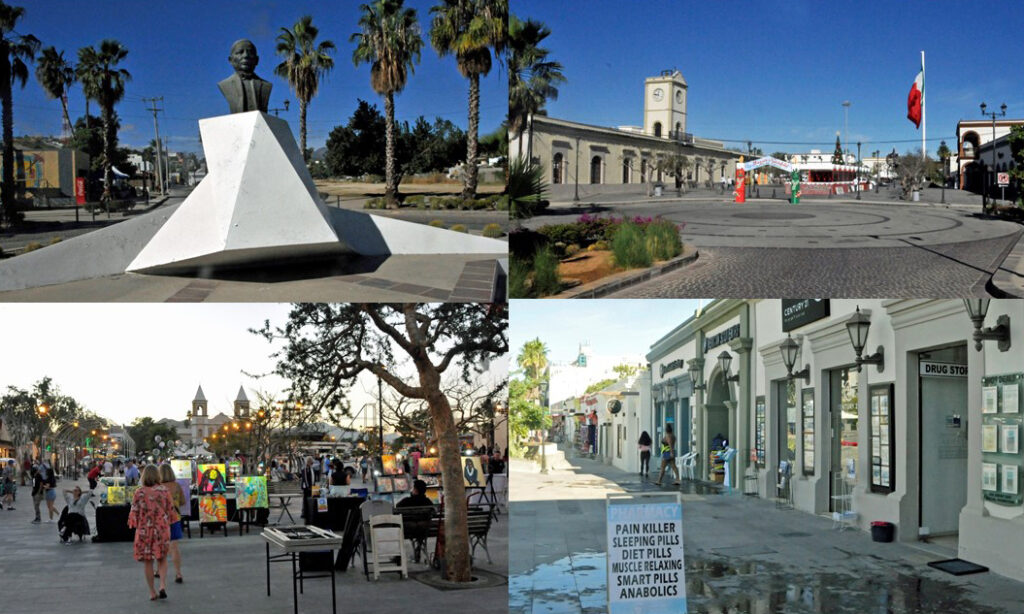This is the first of two columns about Los Cabos, a region at the southern tip of Baja California Sur, Mexico, anchored by two very different cities. Today we will visit San José del Cabo. Next week we will visit Cabo San Lucas and the surrounding areas.
When Spanish explorers discovered the cabo (cape) of the Baja California Peninsula, the area was inhabited by aboriginal Pericúes. In 1730, Spanish Jesuits established a mission in Añuití, a Pericú settlement near the Gulf of California. Four years later, the Pericúes revolted, killing the mission priest and destroying the church. A new church was built further inland and San José del Cabo developed around it. In 1847, during the Mexican-American war, American forces occupied the church and José Antonio Mijares was killed leading Mexican forces in an unsuccessful attempt to dislodge the Americans. Today, Bulevar Antonio Mijares, San José del Cabo’s main street, leads past Mijares’ statue to Plaza Mijares, the central square. The Misión San José del Cabo church on the west side of the square replaces the mission church destroyed by an earthquake in 1918. The front of the church graphically depicts the killing of the mission’s priest in 1734.
Today, San José del Cabo, a modern city with a population of about 140,000, retains much of its historic charm. Fine restaurants and shops selling handmade items line Bulevar Antonio Mijares. Each Thursday evening from November to May, local artists display their works during “art walks” on Plaza Mijares, which is automobile free. Of course, some of the shops sell items made in China and pharmacies advertise “smart pills” and “Viagra” that lasts all day, available without a prescription. If you visit the Los Cabos area, do yourself a favor and spend some time wandering around San José del Cabo. You will be glad you did.
